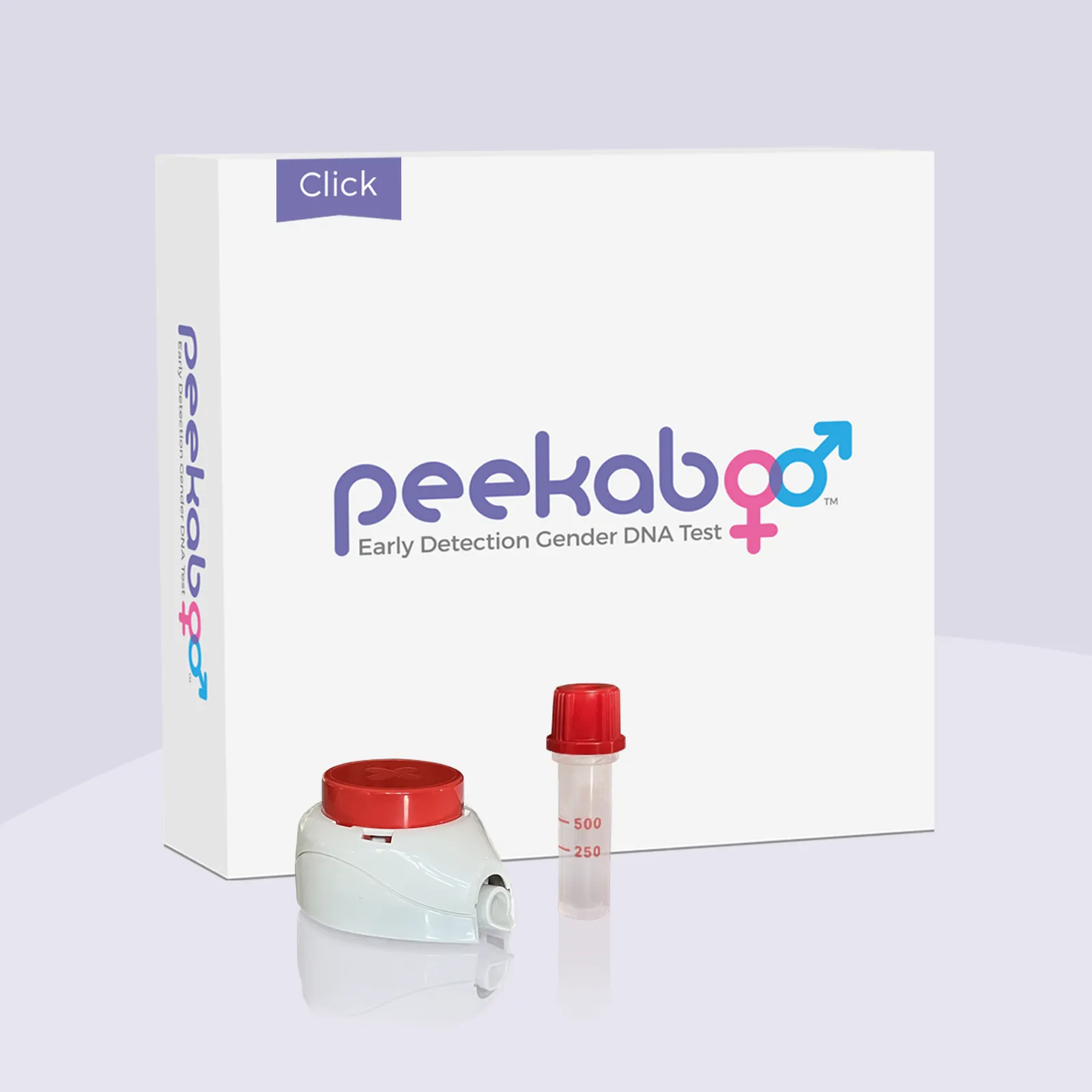Are you a woman in your 30s and thinking about starting a family? If so, you’re not alone. For a multitude of reasons, more women than ever are waiting until their 30s before they have children. While there are advantages to waiting until later in life to have children, you may not be as fertile as you were in your 20s.
Fertility can vary greatly from person to person, and several lifestyle changes and practices can potentially improve your chances of conception. Here, we’ll explore how to boost fertility in your 30s.
1. Incorporate Vigorous Exercise Into Your Workout Plan
Engaging in moderate-intensity workouts such as brisk walking, swimming, or yoga can help regulate hormones, improve circulation, and maintain a healthy weight. While the above benefits can contribute to increased fertility, you may want to consider a more intense exercise plan.
One 2002 study notes that engaging in vigorous activity can be more beneficial than moderate activity when trying to boost female fertility. Findings indicate that each hour per week of vigorous physical activity was associated with a 7% decrease in likelihood of experiencing ovulatory infertility. Some vigorous exercises to add to your workout plan could include:
- Running/Jogging
- Cycling or Spinning
- High-Intensity Interval Training (HIIT)
- Stair Climbing
- CrossFit
2. Take a Coenzyme Q10 Supplement
The antioxidant CoQ10 can help combat oxidative stress caused by free radicals, which can damage egg cells. CoQ10 is naturally produced by the body and stored in mitochondria, crucial for cell growth and maintenance. However, its levels decrease with age and are hard to replenish through diet alone. Research suggests that CoQ10 supplements may benefit women with low ovarian reserve (decreases in egg quality and quantity).
One 2018 study notes that women who took CoQ10 before an IVF cycle were more likely to sustain healthy embryos and had higher pregnancy success rates. Consider testing your CoQ10 levels with a CoQ10 (Antioxidant) Test through EmpowerDX.
3. Avoid Certain Chemicals and Plastics
Many studies have concluded that exposure to certain chemicals in plastics, such as bisphenol A (BPA) and phthalates, may negatively impact fertility. Use glass or stainless steel containers for food and beverages whenever possible to reduce exposure to these potentially harmful chemicals. Additionally, avoid heating food in plastic containers or using plastic utensils in hot foods, as this can increase the risk of chemicals leaching into your food.
In addition to plastics, other environmental chemicals such as phthalates, PFAS, and parabens found in household cleaning products, personal care items, and pesticides may also affect fertility. Opt for natural, organic, or pregnancy-safe products whenever possible.
4. Consider Your Diet
What you eat can have a significant impact on your fertility, and so can your BMI. Research suggests that both lower and higher than normal BMIs are associated with female fertility issues. Making mindful choices about your diet can help optimize your reproductive health and increase your chances of conceiving. Here are some dietary changes to consider:
Include Antioxidant-Rich Foods: As mentioned above, certain antioxidants have properties that may help protect your eggs from damage caused by free radicals. Include plenty of antioxidant-rich fruits and vegetables in your diet, such as:
- Blueberries
- Cranberries
- Artichokes
- Red Kidney Beans
- Prunes
- Pecans
- Sweet Cherries
- Russet Potatoes
- And More
Choose Healthy Fats: Healthy fats, such as those found in avocados, nuts, seeds, and olive oil, can help to boost reproductive health. Aim to incorporate these fats into your meals while limiting unhealthy fats from processed and fried foods.
Limit Added Sugars and Processed Foods: A high intake of added sugars and processed foods has been linked to insulin resistance and hormonal imbalances, which can affect fertility. Limit your consumption of sugary snacks, desserts, and processed foods, opting instead for whole, nutrient-dense foods.
5. Ensure You and Your Partner Are Both Fertile
For couples trying to conceive, remember to be patient and that you’re not in this alone. Encourage your male partner to do his due diligence (eat healthy, stay active, check his sperm count, etc.) as well.
Determining Your Baby’s Gender with Peekaboo
When you use Peekaboo™, you can determine your baby’s gender as early as six weeks gestation! The Peekaboo™ At-Home Early Gender Test is easy, affordable, and accurate. That’s why it’s the only early baby gender reveal test endorsed by the American Pregnancy Association.
Ready to discover your baby’s gender?
Get the Peekaboo At-Home Early Gender DNA Test, proven to be over 99% accurate, and discover your baby’s gender as early as 6 weeks from the comfort of home!


